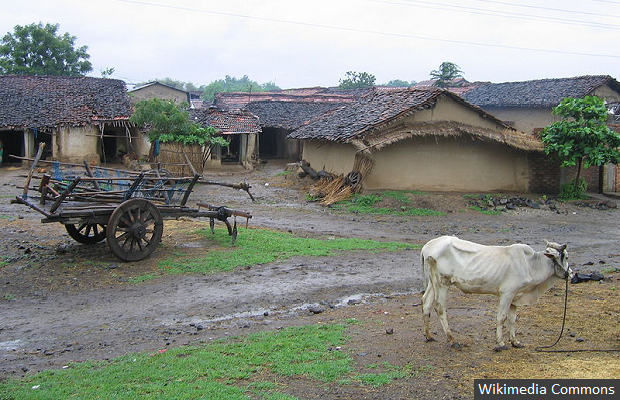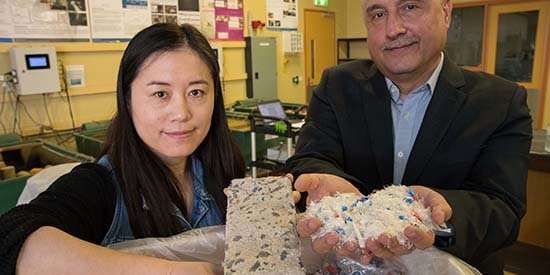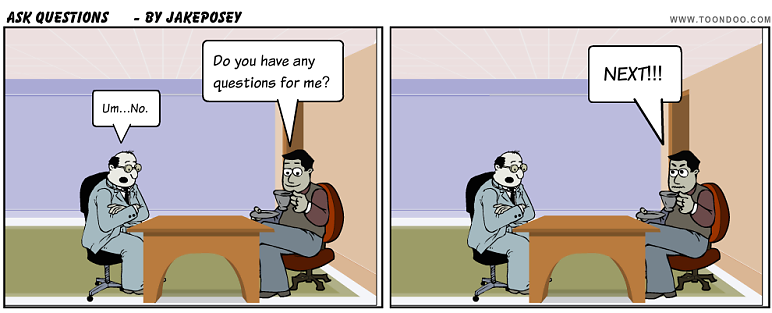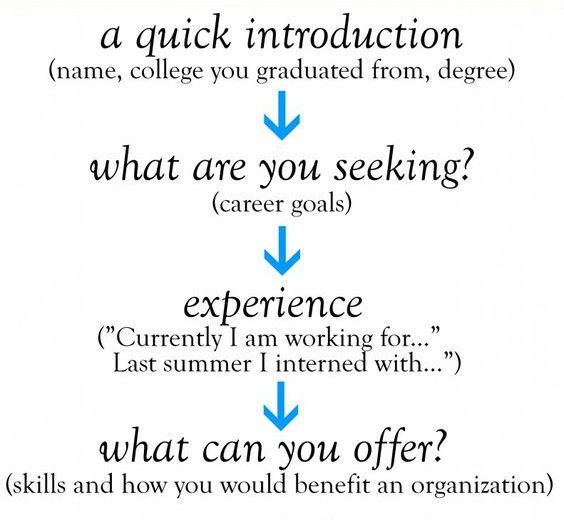In the last post, I shared with you the interview exchange between an applicant and the interviewer about her public health research project. In this post, let us look at another applicant [AK] who very enthusiastically shares with me [Dr Ed], in an online practice interview, his research survey that he completed before applying for residency.
Pay careful attention to how he describes the research methods, findings and how he did not settle for just data collection, but moved the project forward to the point of abstract submission in an attempt to present at the largest diabetes conference. Also, have a look at the time-frame when he was able to accomplish all this as it gives you valuable practical information. Let us start... (Note: Personal information has been withheld to protect the identity of the applicant).
***
Dr. Ed: You indicated in your research experience that you were at __ University doing research in diabetes. Can you describe the research study to me? It was a busy place and I was able to survey 106 patients for the study. The questions focused on patient's understanding of what a hemoglobin A1c is, what is the target A1c and what was their recent A1c as far as the patient could tell. After I completed the data collection by the end of August, Dr.__ showed me how to do a basic SPSS analysis. We found that half of the diabetic patients had no clue to what an A1c was, a quarter of the patients heard of the A1c but did not know the target A1c and another quarter knew what an A1c was and their A1c target. We took this one step further, pulled every patient's A1c from the medical records and worked with the biostatistician to look for a relation between knowledge of the target A1c and their actual A1c value. The most interesting finding was a statistically significant trend between a greater knowledge of A1c and a lower patient A1c, that is, a higher patient awareness of the target A1c was associated with better glycemic control in diabetes. I wrote the abstract for this study as the first author and we plan to submit the abstract for oral presentation at the American Diabetes Association conference.[AK then shows me a printout of these findings with a pie chart and bar graph]
It was a busy place and I was able to survey 106 patients for the study. The questions focused on patient's understanding of what a hemoglobin A1c is, what is the target A1c and what was their recent A1c as far as the patient could tell. After I completed the data collection by the end of August, Dr.__ showed me how to do a basic SPSS analysis. We found that half of the diabetic patients had no clue to what an A1c was, a quarter of the patients heard of the A1c but did not know the target A1c and another quarter knew what an A1c was and their A1c target. We took this one step further, pulled every patient's A1c from the medical records and worked with the biostatistician to look for a relation between knowledge of the target A1c and their actual A1c value. The most interesting finding was a statistically significant trend between a greater knowledge of A1c and a lower patient A1c, that is, a higher patient awareness of the target A1c was associated with better glycemic control in diabetes. I wrote the abstract for this study as the first author and we plan to submit the abstract for oral presentation at the American Diabetes Association conference.[AK then shows me a printout of these findings with a pie chart and bar graph]Dr. Ed: Very interesting. How do you explain that better awareness of the target A1c led to improved diabetes control?
AK: Our study was not really designed to answer that question and so we could only report the association.
Dr. Ed: Right, right. You used the word 'associated' and not 'caused'.
AK: Yes, we discussed a few possible explanations. Patient knowledge of target A1c, to me, could mean that the person is educated and motivated to take better care of himself or herself and thus may make healthy lifestyle changes such as healthy food choices, close monitoring of the blood sugars, following up with the physicians or working with the diabetes educator. These are some of the possible reasons for our findings.
Dr. Ed: Right, that's possible. What was the demographics of the patients you surveyed?
AK: The average age was 64 years. Most of the patients were of African - American ethnicity with low socioeconomic status and low educational status.
Dr. Ed: What do you plan to do next with this data?
AK: I wrote the abstract as the first author and I am waiting to hear back from the co-authors. Dr.__ encouraged me to submit it to ADA for oral presentation and I will be very curious to see the response. If it does get accepted at ADA, I will then work on the powerpoint slides or poster. I am interested to learn how to write the manuscript and do realize that its a steep learning curve. With the help and support of the research team, I believe I will be able to complete a first draft by the time I start residency.
Dr. Ed: Did you also look at blood pressure in this study? That is, if knowledge of their blood pressure target led to improved blood pressure control?
 AK: In our study, we did not find that knowledge of blood pressure target was associated with better blood pressure control. Dr.__ was very keen on studying this. I saw patients with her in the diabetes clinic as part of my observership and she would ask the patients about their goal blood pressure. It was fascinating to watch some patients who knew their blood pressure target were not happy if their blood pressure was 150/90. She has written about 'physician inertia' and that if patients know enough about their medical condition, they may question the doctor on how they could do better and thus overcome the 'physician inertia'.
AK: In our study, we did not find that knowledge of blood pressure target was associated with better blood pressure control. Dr.__ was very keen on studying this. I saw patients with her in the diabetes clinic as part of my observership and she would ask the patients about their goal blood pressure. It was fascinating to watch some patients who knew their blood pressure target were not happy if their blood pressure was 150/90. She has written about 'physician inertia' and that if patients know enough about their medical condition, they may question the doctor on how they could do better and thus overcome the 'physician inertia'.Dr. Ed: This certainly sounds like a very talented team of researchers.
AK: Yes, I feel very fortunate to be a research assistant in this endocrinology division. I gained very valuable first hand experience in survey design, conducting the patient interviews, learning analysis on SPSS and presenting the data to the division.
Dr. Ed: Great! Let's move on and see if you have any questions for me?
***
Again, you will see that the applicant did an excellent job describing his research study concisely, had a deliverable (printout of the important data with pie chart and bar graph), and fielded followup questions thus demonstrating his ability to critically think and know the ins and outs of his project.
Preparing yourself for the interview by a careful reflection of your learning experiences, as in this interview exchange, can certainly improve your performance on the interview day and increase your chances of being ranked high by the residency program.
Check out ed4medus.com and learn how personalized services such as online practice interviews can help you in your goal to a US residency program.
Before you go: Here's your golden opportunity to have your voice heard! I am working on some of the questions that you asked (including this topic). But I need more questions!
Write down your ONE question regarding your US residency program application, personal statement, interviews or anything that has been bothering you and keeping you up at night. You can reply at the end of this post or message at my Facebook page or email me at varun@ed4medus.com
The top 10 popular questions will be featured on my next blog posts at https://ed4medllc.blogspot.com/ and the winners will receive a coupon each for a FREE practice interview at Ed4medus.com ! Put those thinking caps on and hurry up!
Photo credit for images in blog post: https://weillcornell.org/sites/default/files/clinical_service_images/c_endocrinology_and_diabetes.jpg
https://s3.amazonaws.com/myglu-content-production/secure-wp-content-glu/uploads/2017/01/24134320/ThinkstockPhotos-472499904-e1485283441140.jpg
https://i.ytimg.com/vi/MWUM7LIXDeA/maxresdefault.jpg
https://images.slideplayer.com/16/5016498/slides/slide_2.jpg



























